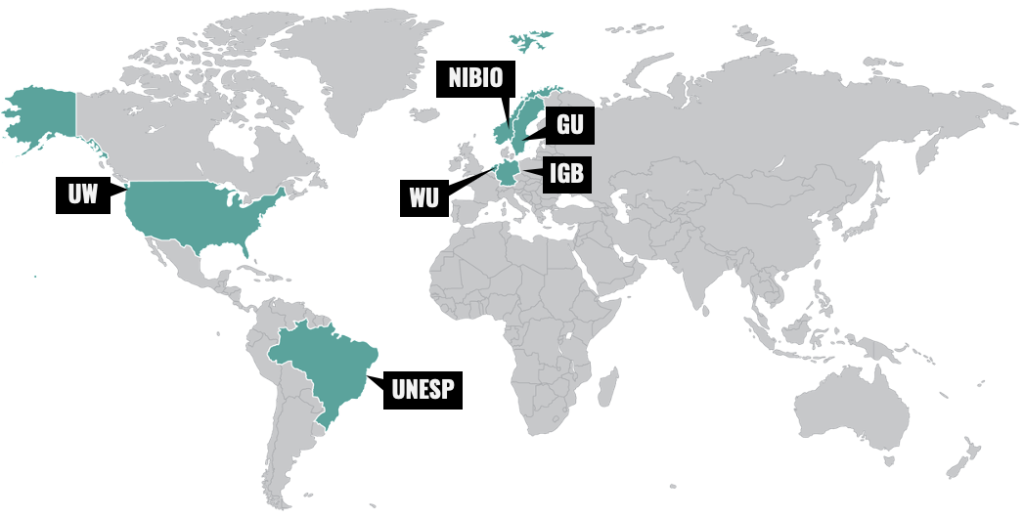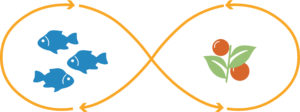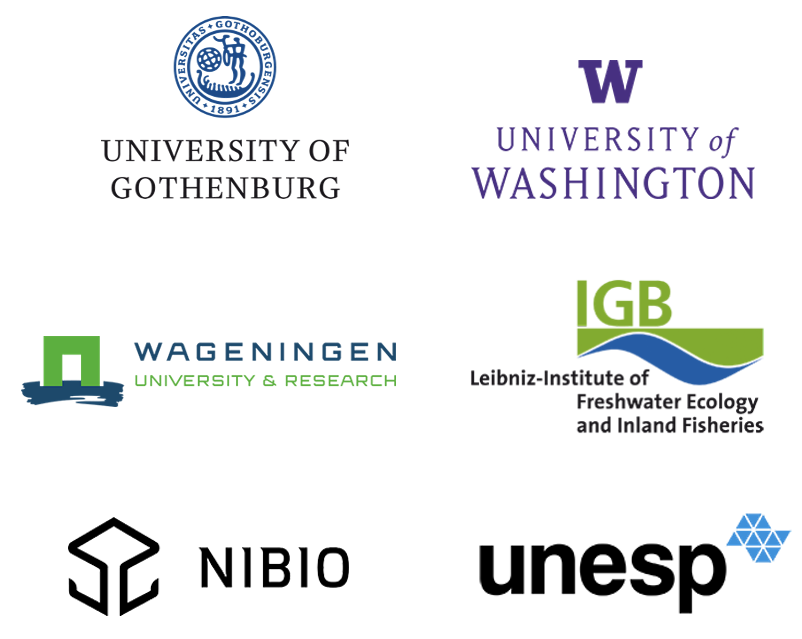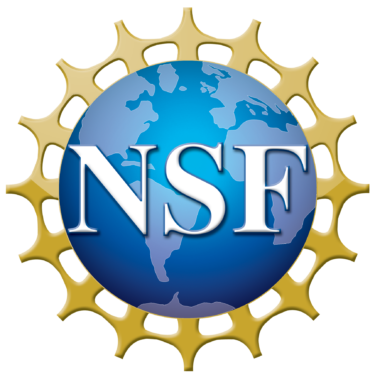CITYFOOD

Feeding rapidly growing urban populations is a global challenge, which strains all three sectors of the Food-Water-Energy Nexus simultaneously. The international research project CITYFOOD investigates an innovative solution to these daunting environmental challenges – integration of aquaponic systems into cities on a broad scale. Aquaponic food production systems optimize flows of food, water, energy, and waste between fish and plants while minimizing resource needs, thus posing potential to contribute to sustainable urban infrastructures.

The Circular City + Living Systems Lab (CCLS) at the University of Washington is among CITYFOOD’s diverse team of members who together bring expertise in aquaculture, hydroponics, ecology, architecture, and urban planning; additionally, project partners are based in six countries (Germany, the Netherlands, Norway, Sweden, Brazil, and the U.S.). The research project is one out of fifteen funded interdisciplinary collaborations that respond to a joint call Sustainable Urbanization Global Initiative established by JPI Urban Europe and the Belmont Forum in 2018. The research project is scheduled to run through 2021.
The CITYFOOD UW team at CCLS has thus far worked on research across scales from building-integration to GIS mapping, with a body of work including investigations of farm operations and economics, survey, case study research, literature review, collaboration with practicing architects, and more. CCLS continues ongoing work on project CITYFOOD through 2021.
Publications
- Commercial Rooftop Greenhouses
- Urban Integration of Aquaponics
- Building an Ecosystem: Integrating Rooftop Aquaponics with a Brewery to Advance the Circular Economy
- CITYFOOD: Research Design for an International, Transdisciplinary Collaboration
- Integration of Aquaponic Systems in Cities
- Urban Food Systems: Applying Life Cycle Assessment in Built Environments and Aquaponics
- Aquaponics in the Built Environment
- Garden City Presentation




